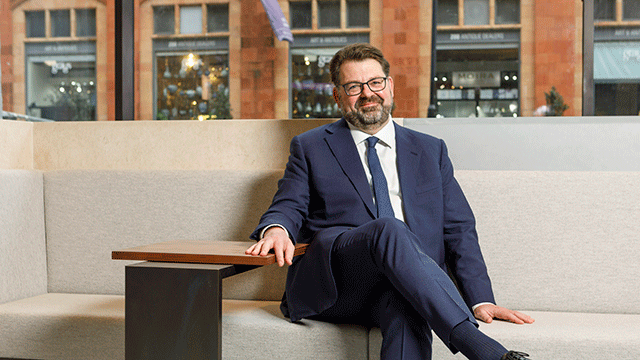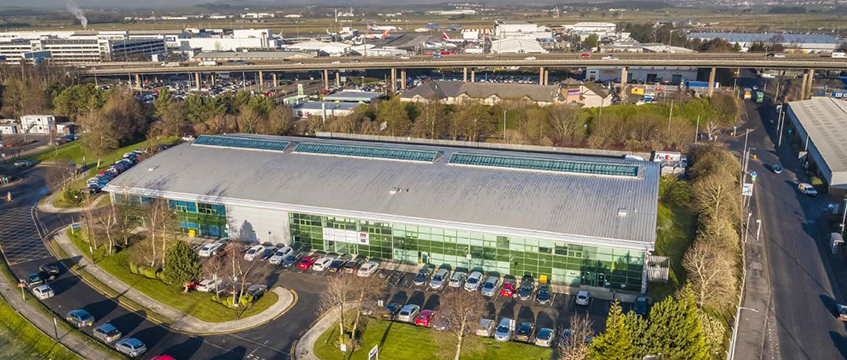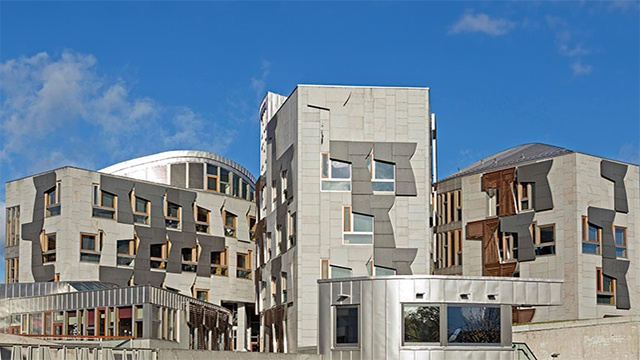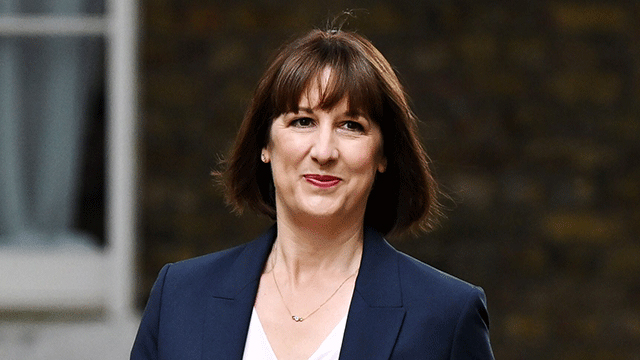Cushman & Wakefield has labelled the sale of a “non-core business” as the fuel that will help accelerate its debt repayment and set the business on the path of growth.
The announcement came as the agent published results in stark contrast to its rival CBRE, reporting revenue down by 5% to $2.3bn (£1.8bn) in the three months ended 30 June, driven by a 15% decline in its capital markets business.
CBRE, which announced its figures last week, saw revenue rise by 8.7% in Q2 to $8.4bn, with property sales, which includes capital markets and mortgage origination, falling by just 3%, much less than expected.
Cushman chief executive Michelle Mackay said the agent had signed a definitive agreement to sell a non-core business that provides “a third-party supplier network to support a small portion of our services clients in the US and Canada” on 18 June.
The business was not named, but MacKay said it would “further the company’s strategic focus on core long-term growth opportunities” and would “accelerate optional debt repayment”.
The deal is expected to close during the third quarter.
Despite the decline in revenue, MacKay was upbeat about the results, saying her focus on growth would mean taking some short-term pain.
“We have sold non-core assets and walked away from less accretive services businesses, taking some short-term pain for the clear long-term benefit of a stronger client base and increasing flexibility to invest in higher value services opportunities,” she said. “You will see us option into organic and inorganic investments to drive growth.”
She added: “Our strategy for growth and the allocation of capital to drive our business forward is predicated on the philosophy that the world of commercial real estate has fundamentally changed, and if we want to win, old playbooks must be thrown out. The way that we approach and engage with clients incorporates a more integrated built world. Silos must be broken down and the enterprise must be connected in the way that we recruit talent, manage relationships, and invest in our portfolio of services.”
MacKay said she saw “huge potential” for Cushman and the “more connected way” it was now operating.
“Since the beginning of the year, we have been realigning our capital allocation to this philosophy,” she said. “We have heightened collaboration between our research and our sales teams, allowing us to more effectively target regions and subsectors for growth investments in our leasing business.”
Cushman, which has net debt of $2.5bn, has set itself a target to reduce its leverage by a minimum of $200m by mid-year 2025. MacKay said the business had already reduced its debt by $100m in Q2 and would reduce it by a further $50m in the current quarter.
“We are in a growth mindset headspace, and we know that we can walk and chew gum at the same time,” said MacKay. “We have some cash coming in from the asset sale, but equally as important, we are doing really well on free cash flow. So that opens up all the pockets for us, whether that’s small M&A, M&A, or organic investing in businesses.
“We are getting it done in every aspect of our business every day.”
Send feedback to Samantha McClary
Follow Estates Gazette











